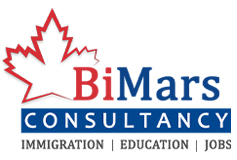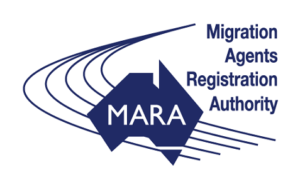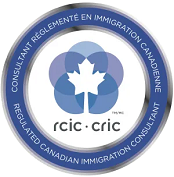IRCC (Immigration, Refugees and Citizenship Canada) provides more than that clarity on eligibility criteria for six new immigration expressways
New guidelines discharged by IRCC are meant to help IRCC staff assess applications for essential worker and international graduate branches.
On May 26, IRCC released new program instructions that offer more than that clarity on the eligibility basis for its six new permanent residence programs.
Immigration, Refugees and Citizenship Canada (IRCC) launched 6 new Permanent Residence (PR) streams for essential workers and international candidates earlier this month on May 6th.
The English-speaking international graduate branches reached the allotment of 40,000 applications the next day. However, Immigration Minister Marco Mendocino has stated Immigration, Refugees and Citizenship Canada (IRCC) is open to exploring adjusting the quotas under the different streams.
The two English-speaking necessary worker branches have had over 11,000 applications submitted. Combined, their quota is 50,000 applications.
The three French-speaking streams have a way smaller uptake, although this is often expected thanks to the lower francophone population in Canada and also because they’re not subject to quotas; applicants have until November 6 to form their submissions to IRCC.
The program instructions issued on IRCC’s website on May 26 are meant to assist IRCC staff to assess applications submitted under the six PR streams.
The guidelines state that applicants must meet all of the following principles to be approved under any of the six streams:
• Legal entry into Canada and status as an acting resident
• Official language proficiency
• Current work experience
• Intent to reside outside of Quebec
• Authorize work experience
• Qualification requirements
Legal entry into Canada and standing as a short-lived resident
IRCC notes that each one applicant must be residing in Canada with qualified temporary resident status and necessary be physically present in Canada when the appliance for permanent residence is received and when IRCC approves the application. Those who do not have short-term resident status in Canada, such as refugee claimants, are not eligible under the six PR streams.
Official language proficiency
Essential workers got to demonstrate they need to obtain a Canadian Language Benchmark score of a minimum of 4 on a language test that’s designated by IRCC. International graduates need a score of a minimum of 5. Test options are:
English
• IELTS: International English Language Testing System.
• CELPIP: Canadian English Language Proficiency Index Program
French
• TEF Canada: Test devaluation de François
• TCF Canada: Test de connaissance du français
Current work experience
Applicants necessary be working to qualify for the streams. IRCC notes the current employment must:
• be in Canada
• can be in any occupation
• must be legal
• must be paid in wages or commission
• isn’t self-employed work unless working as a paid medical doctor for a health authority
IRCC notes the definition of “currently employed” is that the date the appliance is submitted to IRCC. Applicants don’t get to remain employed throughout the processing of the appliance and their work at the time of their application is often full-time or part-time.
When deciding whether a candidate was an employee or self-employed, IRCC officers will analyze factors such as:
• the autonomy the worker had like what proportion control that they had over what sort of work was performed and when it had been performed
• whether the worker owns or is providing tools necessary to finish the work
• the extent to which the worker requires to perform the work individually and whether they can subcontract or hire additional help to finish the work
• if there’s financial risk assumed by the worker
• other relevant details such as written contracts
Intent to reside outside of Quebec
The six programs are available to applicants who shall reside anywhere in Canada outside the province of Quebec. IRCC staff is instructed to tell an applicant of their concerns if they’re not convinced the applicant intends to reside outside of Quebec.
Qualifying work experience
Essential workers must meet the following criteria:
• have gained work experience in an eligible National Occupation Classification (NOC) code of a minimum of 1,560 hours within the three years before the appliance has been submitted
• the applicant must be authorized to figure in Canada
• the work occurred in Canada
• wages or commission were paid
• the applicant must not be self-employed unless they were a medical doctor being paid by a health authority
Education requirements
International graduates must meet the following requirements:
• The program of study was performed at a Canadian Designated Learning Institution (DLI)
• The candidate completed their program at a Canadian Designated Learning Institution (DLI) no before January 2017
• The candidate must have had a study permit while enrolled at the Designated Learning Institution (DLI)
• The applicant received an eligible credential (e.g., a degree, diploma, certificate, or attestation from a program resulting in employment during a skilled trade)
• One or more credentials are going to be accepted if the combined study in Canada is like a 2-year credential (at least 16 months in duration).



